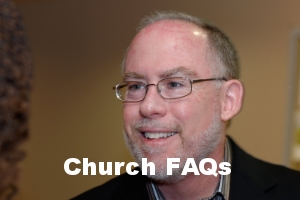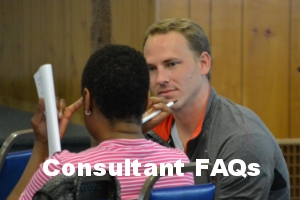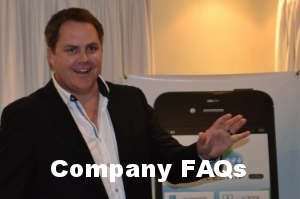FAQs about the Concept
Is “business as missions” new?
- No, there has been a strong connection between God’s business – bringing people from every tongue, tribe and nation to worship him – and the business of man since the beginning of time. From Abraham through to the present day, business is a big part of God’s story.
- In the past few years there has been an increased emphasis on the integration of work and faith, and we have been involved at this point of integration for over twenty years.
- Our focus is not just on business, but on the fact that every area of life belongs rightfully to God, business included.
Is there some difference between “business as mission” and “business as a calling”?
- The differences may be semantic: many people today understand that business is not just a way to fund ministry, but is in itself a vocation to which many are called, and as such they are ministers in that arena.
- Everyone in business should be called to be in business, or they should exit business and find whatever their calling may be.
How does Tentmaking fit into the picture?
- For some it is a means to an end: I work to support my mission endeavors. They view this as “business as ministry support.”
- Our hope is that people will see “Tentmaking” as a deliberate strategy to have a self-funding ministry model, not as a thing to do when finances get tight.
- The focus is not on funding but on identifying with and serving people in the marketplace.
- Tentmaking is not a second cousin to supported missionary work. William Carey, the father of modern missions, believed that missionaries should only be supported for their first year; after that they should have figured out how to support themselves.
Are there other groups with similar objectives?
- Yes, there is a groundswell of groups who have the same burden.
- We will learn from and participate with them as much as we can.
What are the distinctive elements of this endeavor?
Our ultimate focus is on people seeing their communities transformed through the application of kingdom principles to every aspect of that society. Our starting point is business, and we will selectively springboard from this into other domains where our teams have gravitas and a calling. In doing this we will strive to make the following areas foundational to what we do:
- At the organizational level our focus is the end-to-end Operating Model of organizations and the infusion of Kingdom principles into every aspect of a business.
- Our work is underpinned by research and practical tools. The Institute’s I4 Methodology®, 10-P Model®, 10-F Model® and other tools are novel and effective.
- At the personal level we will seek to equip leaders with the thinking and living tools to integrate all aspects of their lives under Christ’s lordship. Convergence is a resource in this area.
- At the macro level our focus is on the big picture of society-wide transformation.
- In these we will deliberately seek to understand, practice and teach the principles of alignment and reconciliation to Truth that will result in deep transformation.
Isn’t the transformation of societies grandiose?
- Jesus commanded us to make disciples of whole people groups, not just individuals; he called them “nations.”
- In the past, whole societies have been impacted by the power of the gospel, and business has been a key factor in this.
- If we set our sights too low, we will not transform societies or disciple nations.
- By having a deliberate plan and clear measures, we believe communities can indeed be changed, people-groups transformed, and the course of nations changed for good.
How do you measure success?
- We routinely see re-purposed leaders.
- At the micro level, each client develops, with our assistance, a scorecard that is holistic, and that reflects kingdom values.
- We see companies demonstrate the nature and ways of God in every aspect of their business, and make a profit while doing so.
- We expect to see practical improvements in the statistics of societies,
- We already have numerous stories of God at work in new and powerful ways.
- After completing work with 100 companies in Cape Town, South Africa, we conducted extensive research to ascertain whether rēp had a positive impact. The results were favorable.




